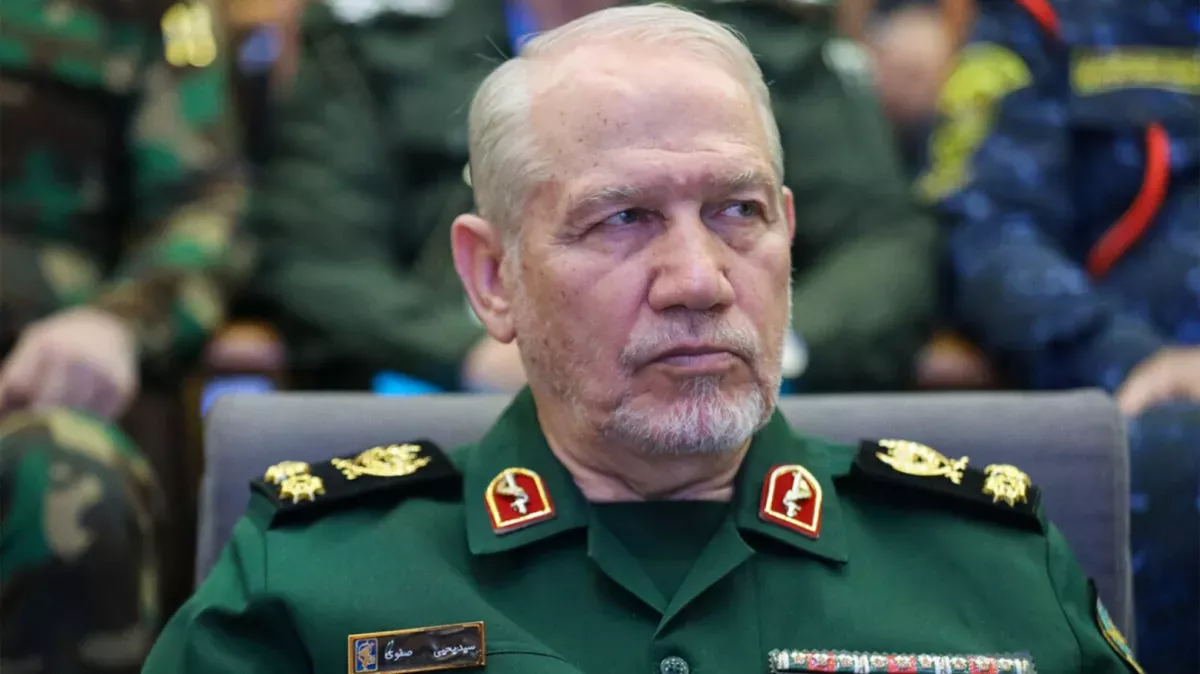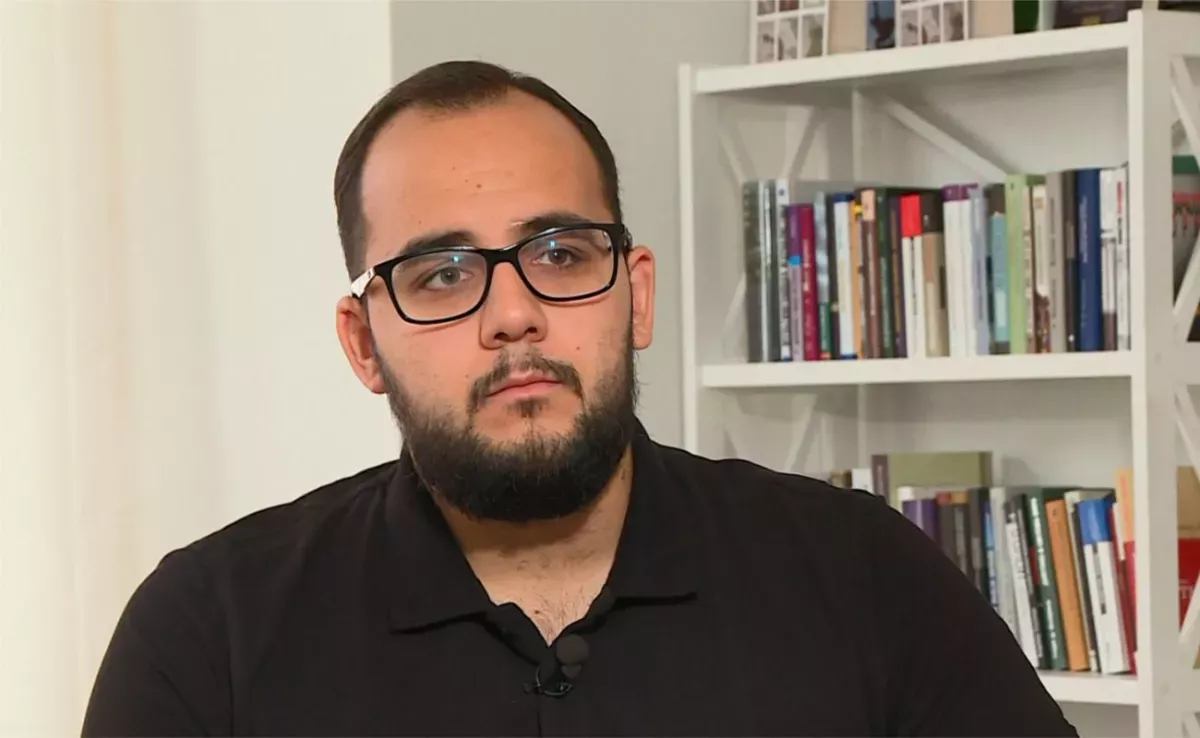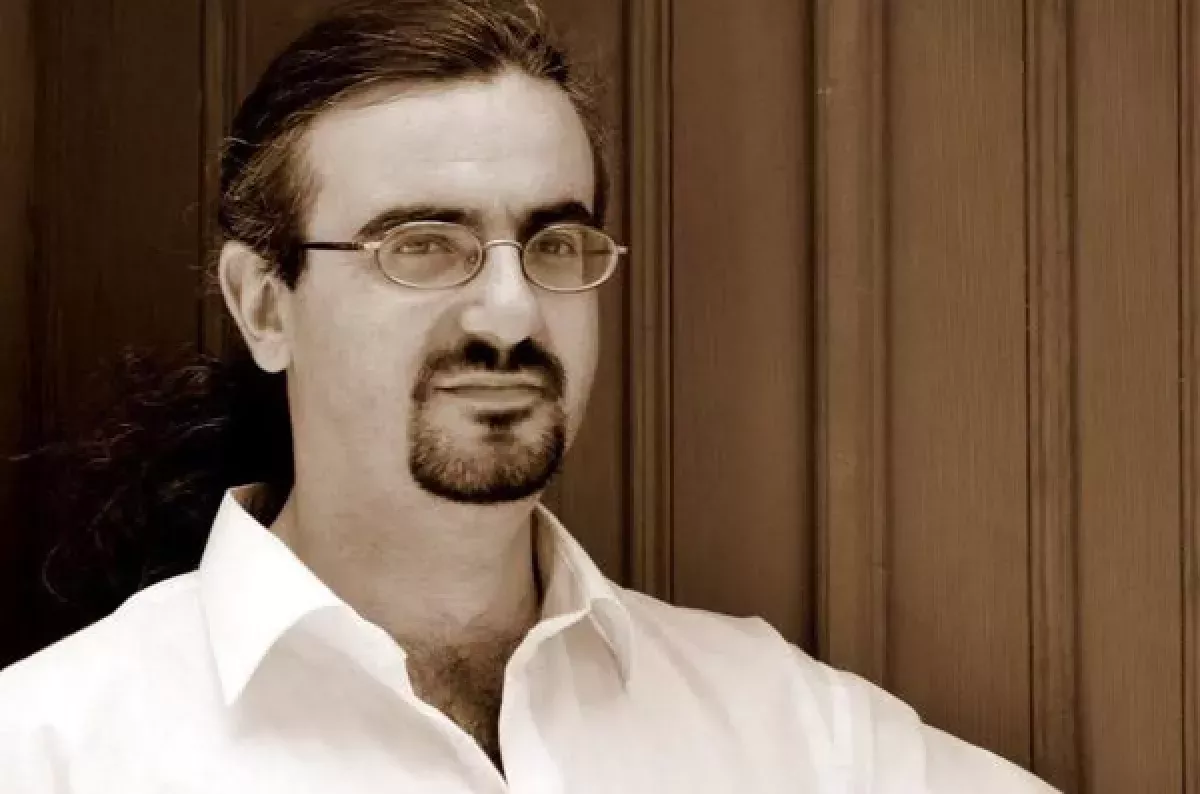Iran’s nuclear deadlock: Diplomacy or war on the horizon? Expert predictions
The second half of August is increasingly bringing the world closer to serious decisions regarding Iran's nuclear program. The U.S. State Department has published a statement declaring that the United States is determined to reduce Iranian oil exports to China to zero as part of its "maximum pressure" policy. The document emphasises that the goal of this approach is to strike at the main artery of Iran's economy: "Iran must change its behaviour, or it will face international isolation and a more severe economic crisis."
According to Independent Online, this position indicates that Washington continues to seek leverage over Iran amid regional tensions and a potential escalation of the Iran-Israel confrontation.
The question of the likelihood of a continued war between the Islamic Republic of Iran and Israel is taking on new dimensions. Some analysts, as reported by IranPressNews, are trying to highlight another reality: "Netanyahu is prepared to pursue the strategic goal of regime change, targeting high-ranking officials. Under these circumstances, the choice between war and compromise has reached a critical point, with each option carrying its own advantages."
Trump shows little inclination toward compromise and continues to promote the idea of Iran’s capitulation. Moreover, the lack of consensus within Iran's elite regarding an agreement adds further tension and increases the risk of war with Israel.

The chief military advisor to Supreme Leader Ayatollah Ali Khamenei, General Yahya Rahim Safavi, weighed in: “We are not in a ceasefire. In reality, we are at war. There is no agreement or protocol between us, the U.S., and Israel, and everything could collapse at any moment. We, the military, have prepared for the worst-case scenario. The best defense is a strong offense, and if Israel attacks Iran again, our response will be swift and overwhelming.”
How likely is a repeat of the recent 12-day conflict, and what could drive Israel and the U.S. to launch new strikes against Iran?
Prominent foreign analysts shared their insights on the matter with Caliber.Az.

Iliya Kusa, an expert on international politics and the Middle East at the Ukrainian Institute for the Future, believes that the likelihood of a new war is directly tied to the success or failure of nuclear talks between Iran, European countries, and the U.S.
“As we’ve seen from the recent standoff, the U.S. does not want to re-enter this conflict. Accordingly, it will do everything possible to avoid direct involvement, arguing that the justification for action has already passed. Trump has repeatedly claimed that Iran’s nuclear program has been dismantled. As long as this view dominates the U.S. agenda, America is unlikely to go to war with Iran again.
Israel, however, could resume airstrikes on Iran for several reasons: to mobilize the ruling government’s electorate, to hinder the restoration of Iran’s military and nuclear capabilities, and to exert pressure during the negotiation process.
So, I believe a direct conflict between Israel and Iran is possible, but U.S. involvement remains uncertain. I think Donald Trump will try to avoid it for as long as possible, by any means necessary. Much will depend on the outcome of the already announced European-Iranian nuclear negotiations,” Kusa concluded.

Israeli specialist on Iran and author of the Telegram channel Oriental Express, Michael Borodkin, believes that everything hinges on Iran’s willingness to make a genuine compromise.
“An upcoming meeting between Iranian and European representatives should soon reveal whether Tehran is ready to meet the demands or will simply stall again.
A cautious reason for optimism comes from Supreme Leader Ali Khamenei’s recent statement, in which he emphasized that all efforts should support President Pezeshkian’s work. If this is not just another tactical move, but a genuine attempt to balance the influence of conservatives—especially the security forces—it suggests that the rahbar is ready to allow the president to conduct constructive negotiations with Western countries. Khamenei did, however, say that talks with the U.S. are pointless, though he may support negotiations with European nations,” Borodkin noted.
This is also reflected in a report that Iranian National Security Council Secretary Ali Larijani proposed limiting uranium enrichment to 20%.
“However, key questions remain: how Iranian nuclear facilities will be monitored, who will guarantee that the regime does not resume secret nuclear weapons work, and so on. Equally important is securing an end to Iran’s support for terrorist organizations.
So, the likelihood of renewed conflict depends on whether Iran is willing to compromise. If the regime begins to stall again and waste time, strikes on strategic targets are likely to resume,” Borodkin concluded.








